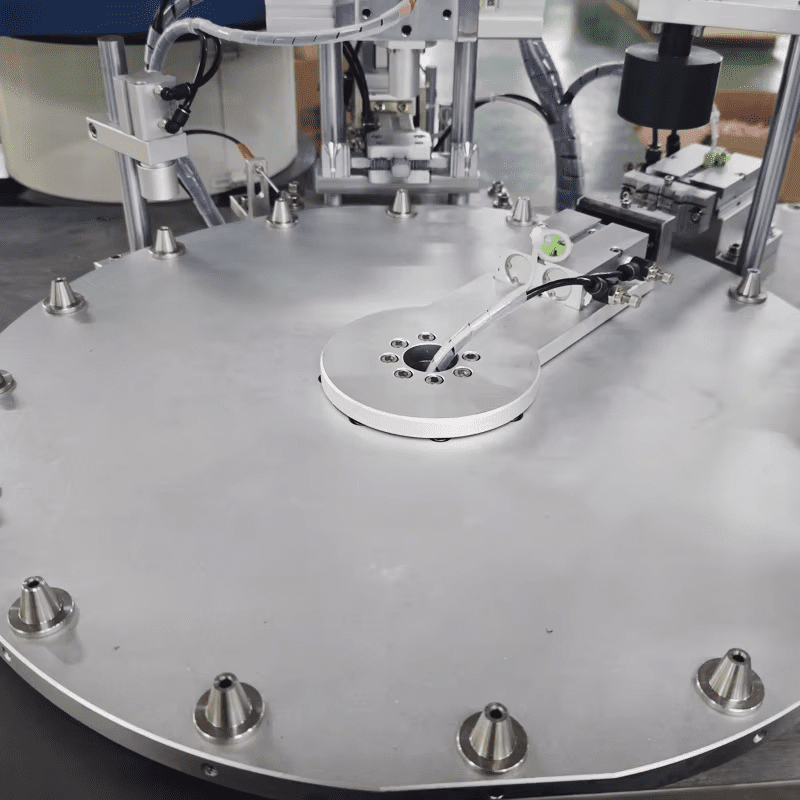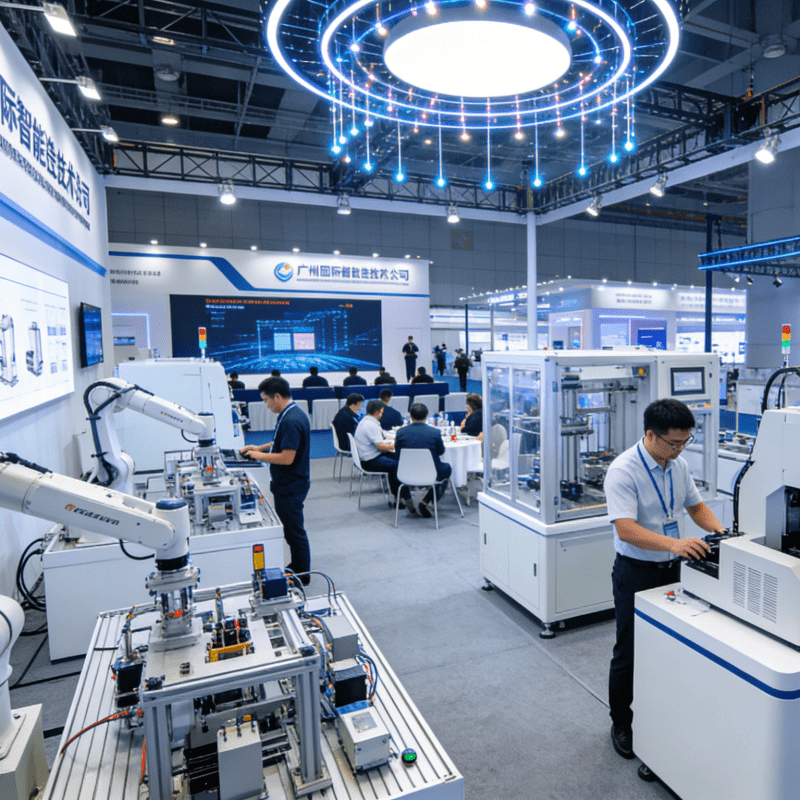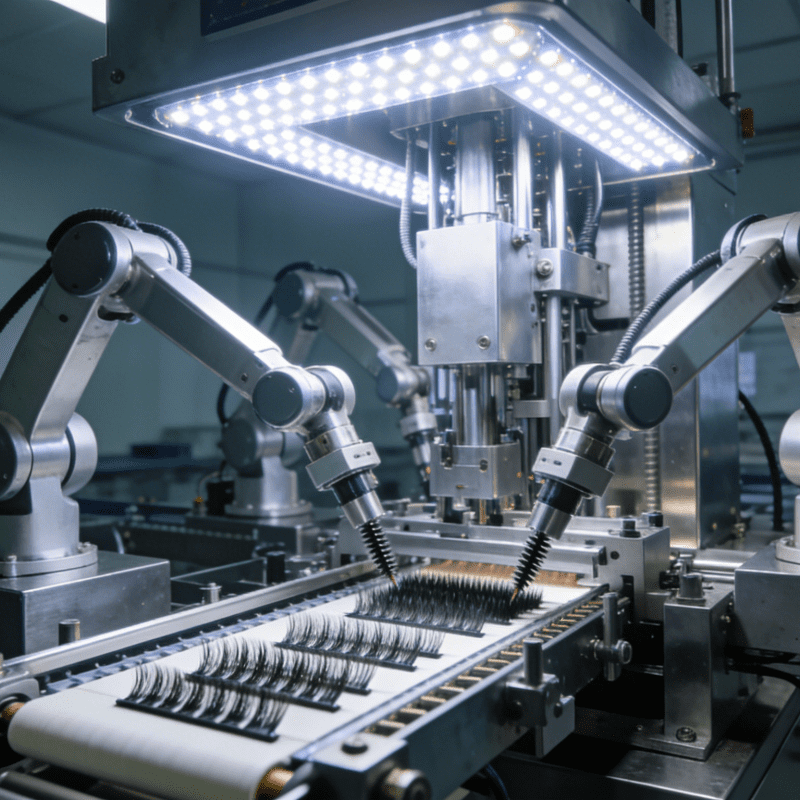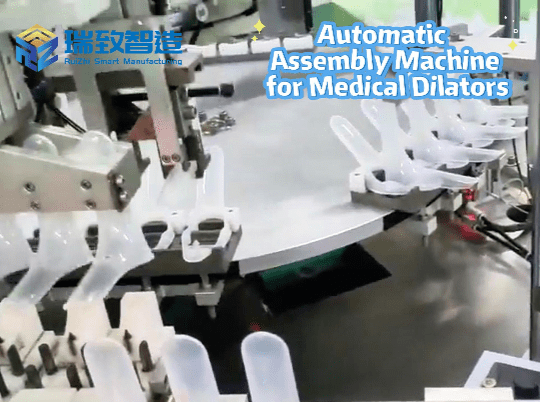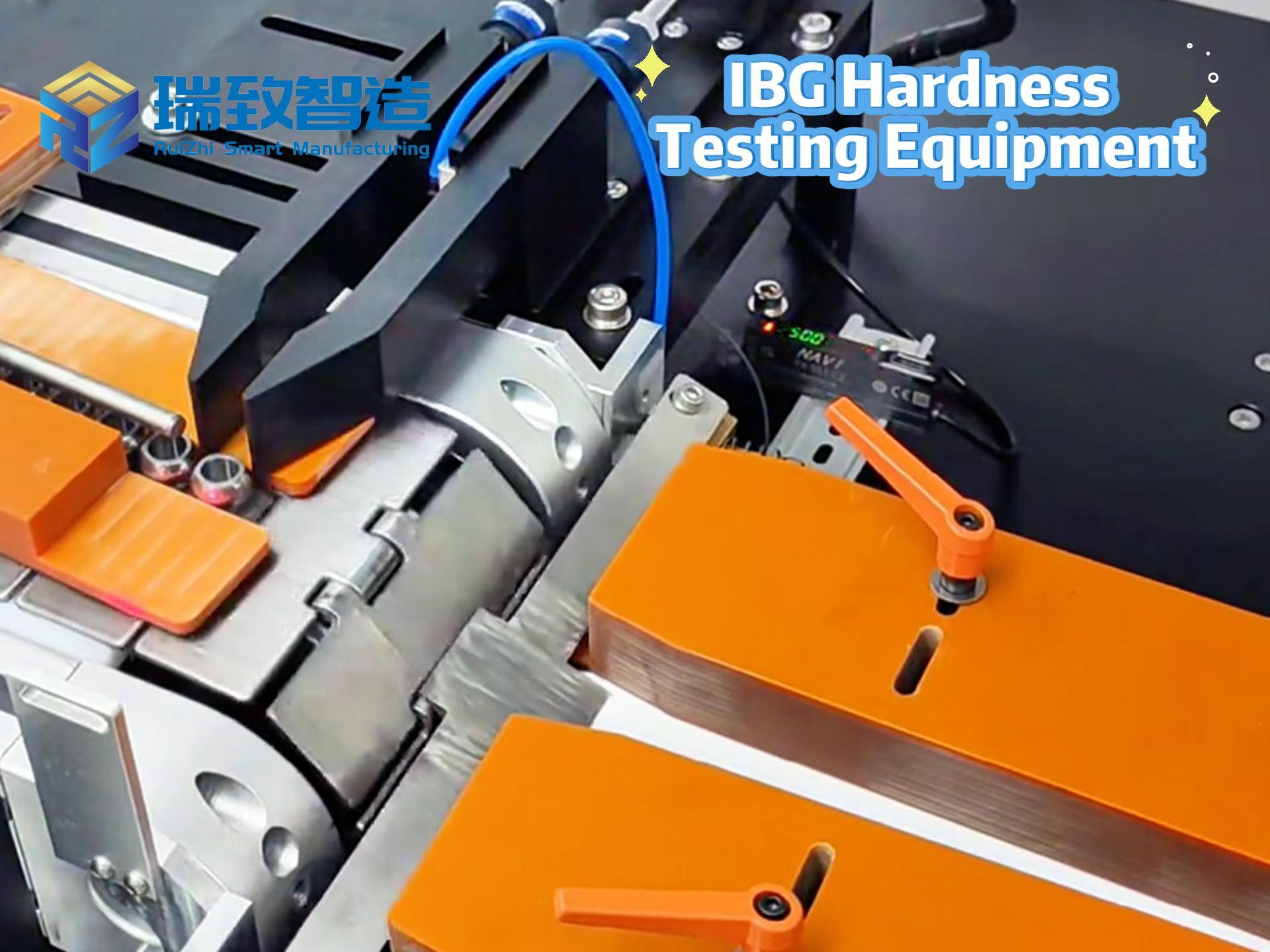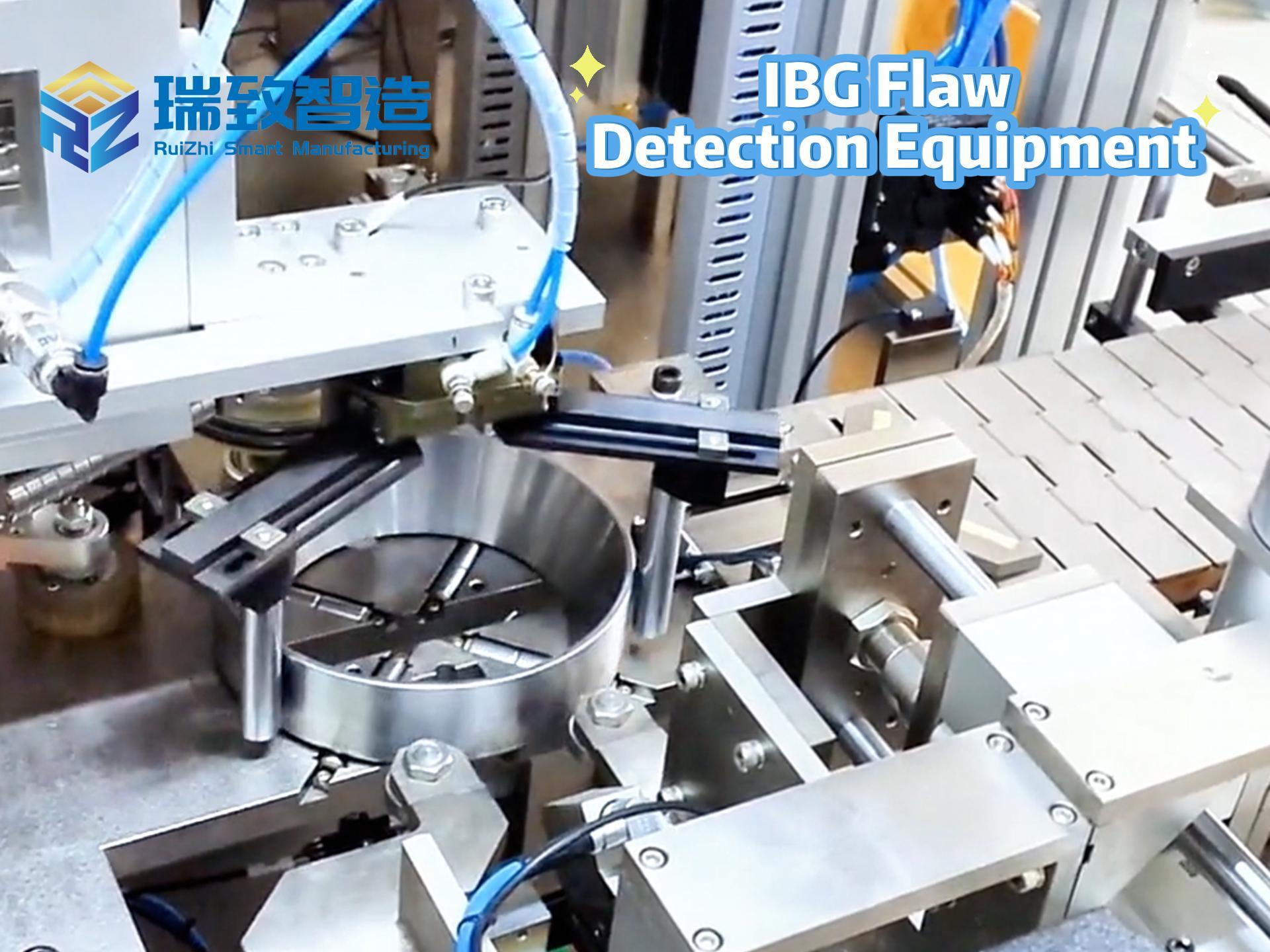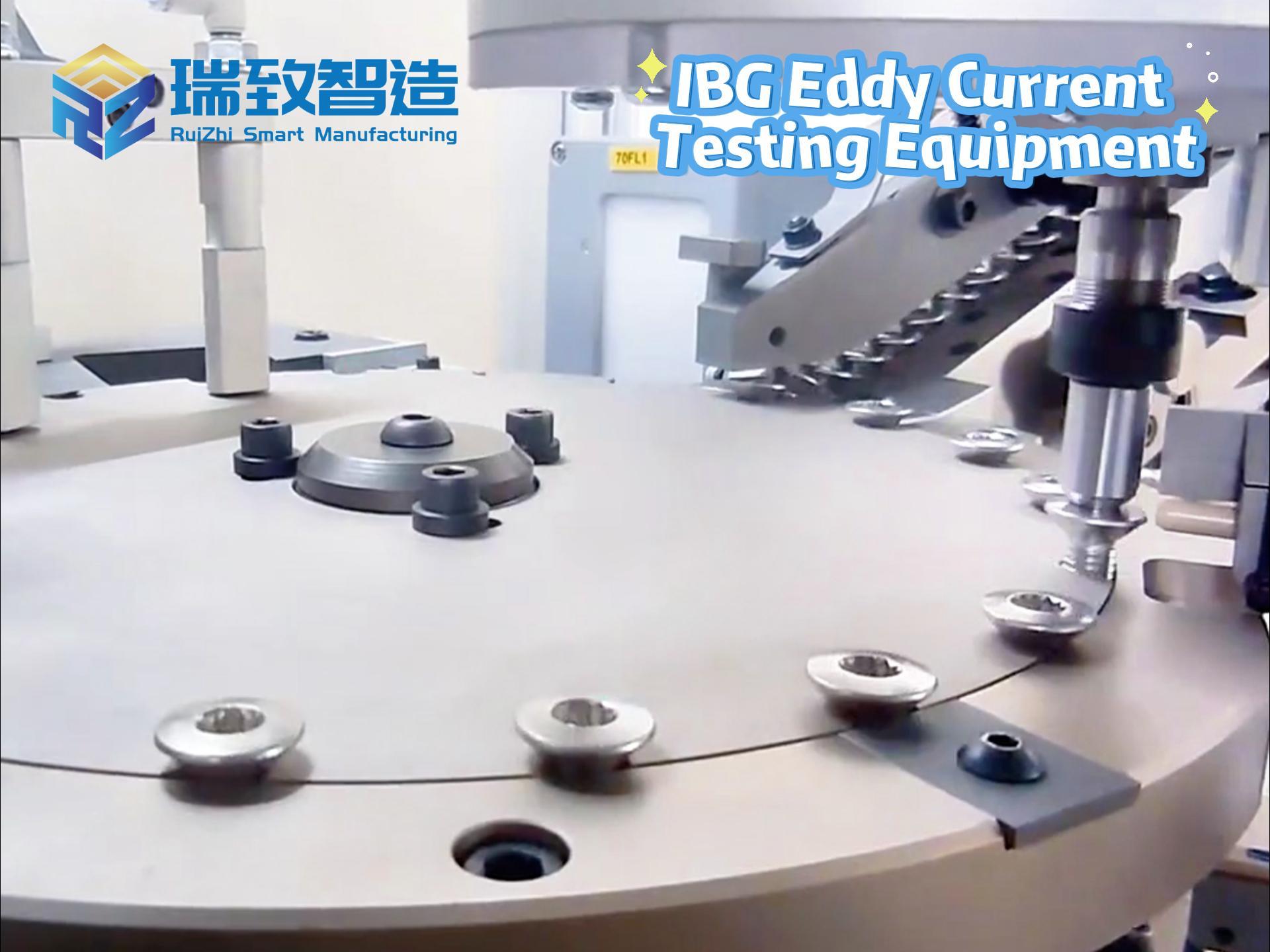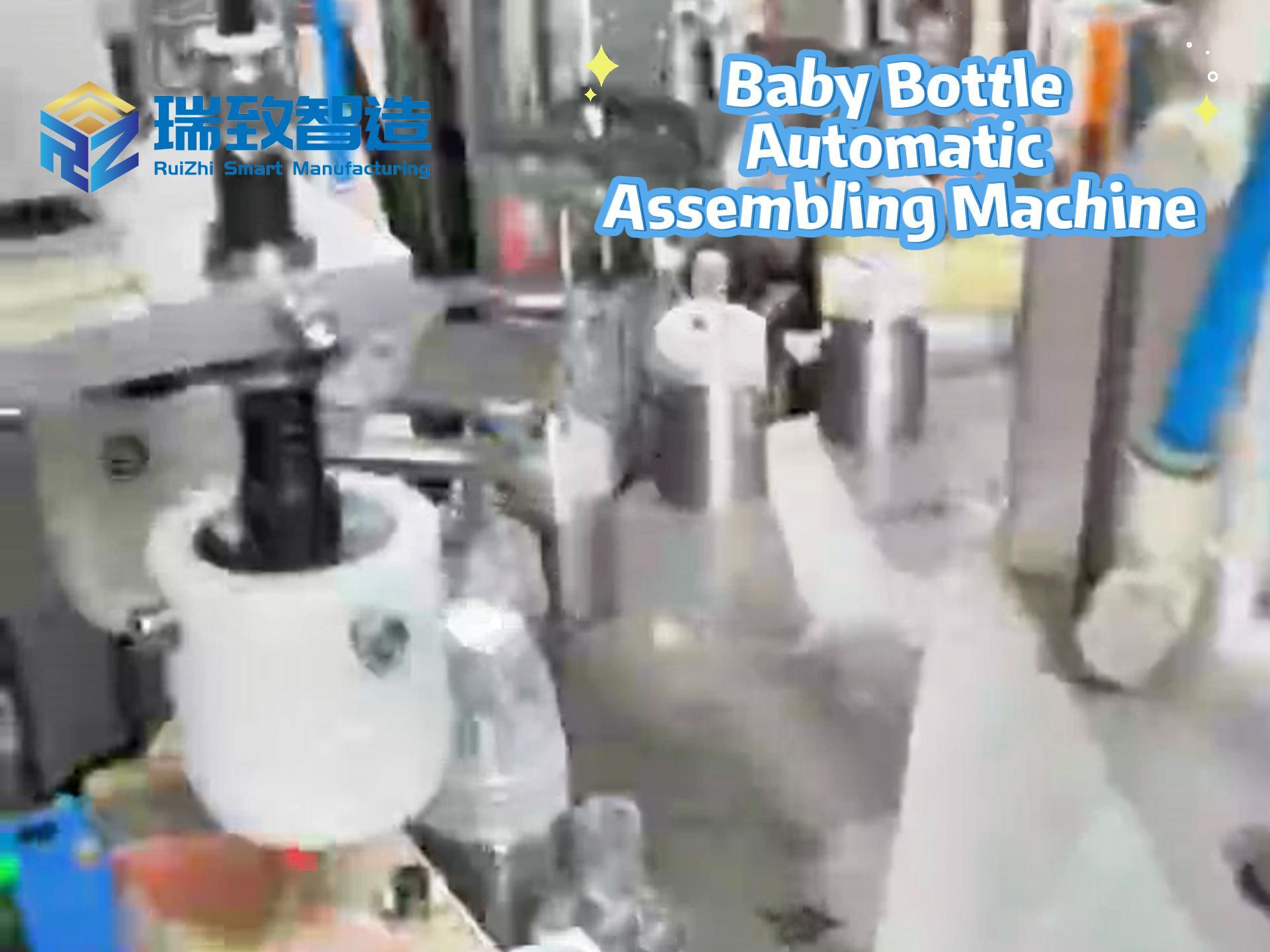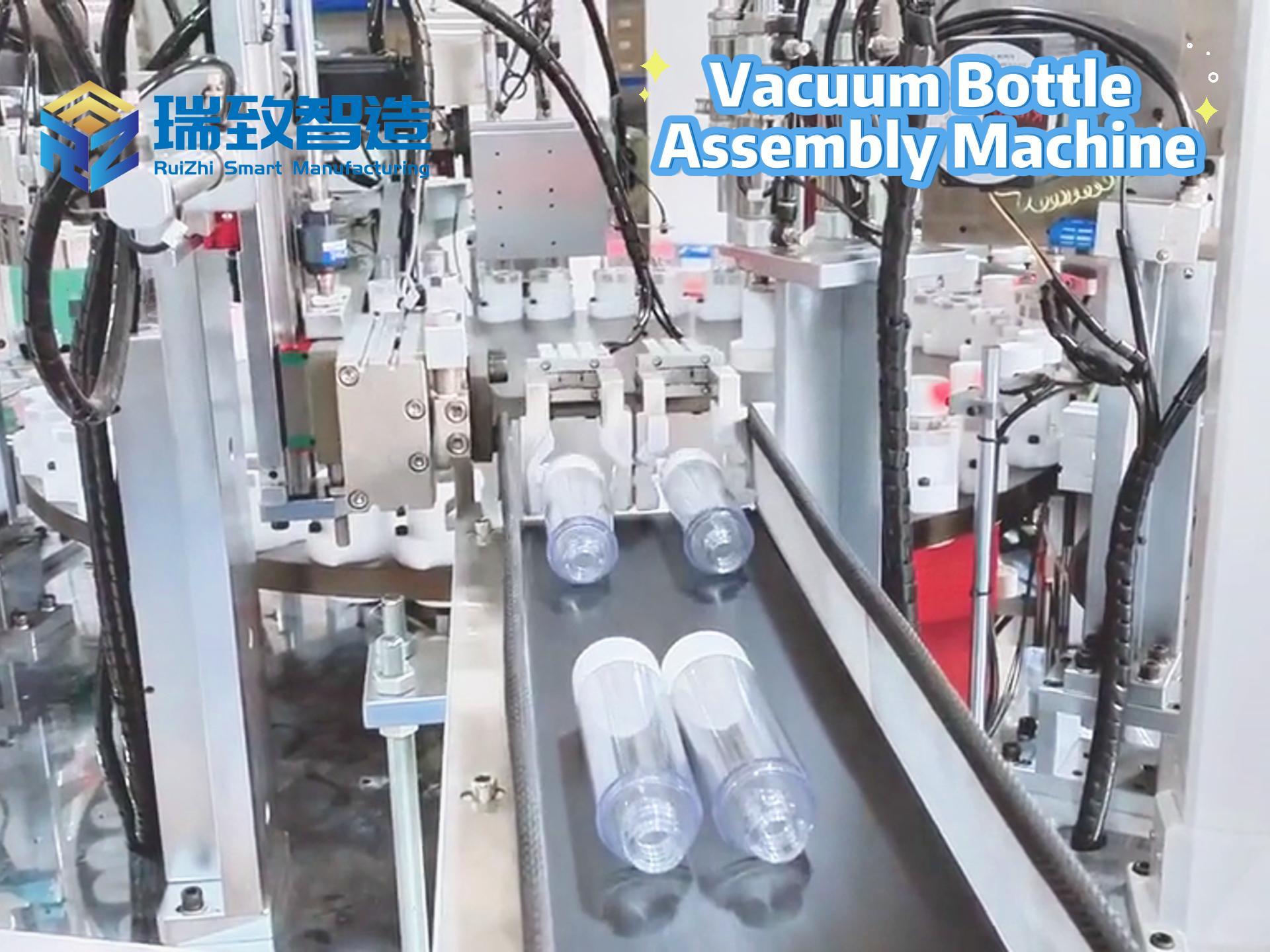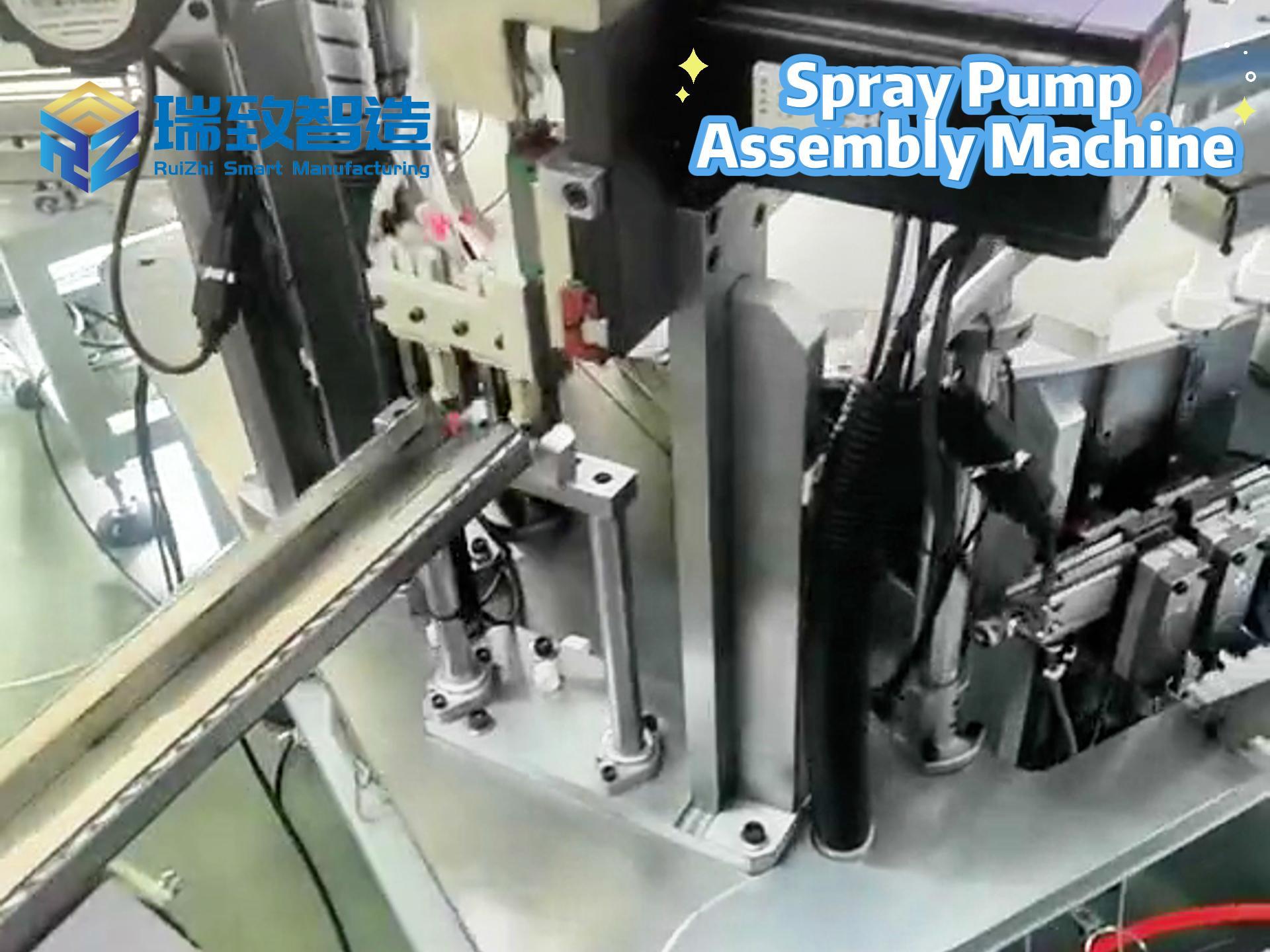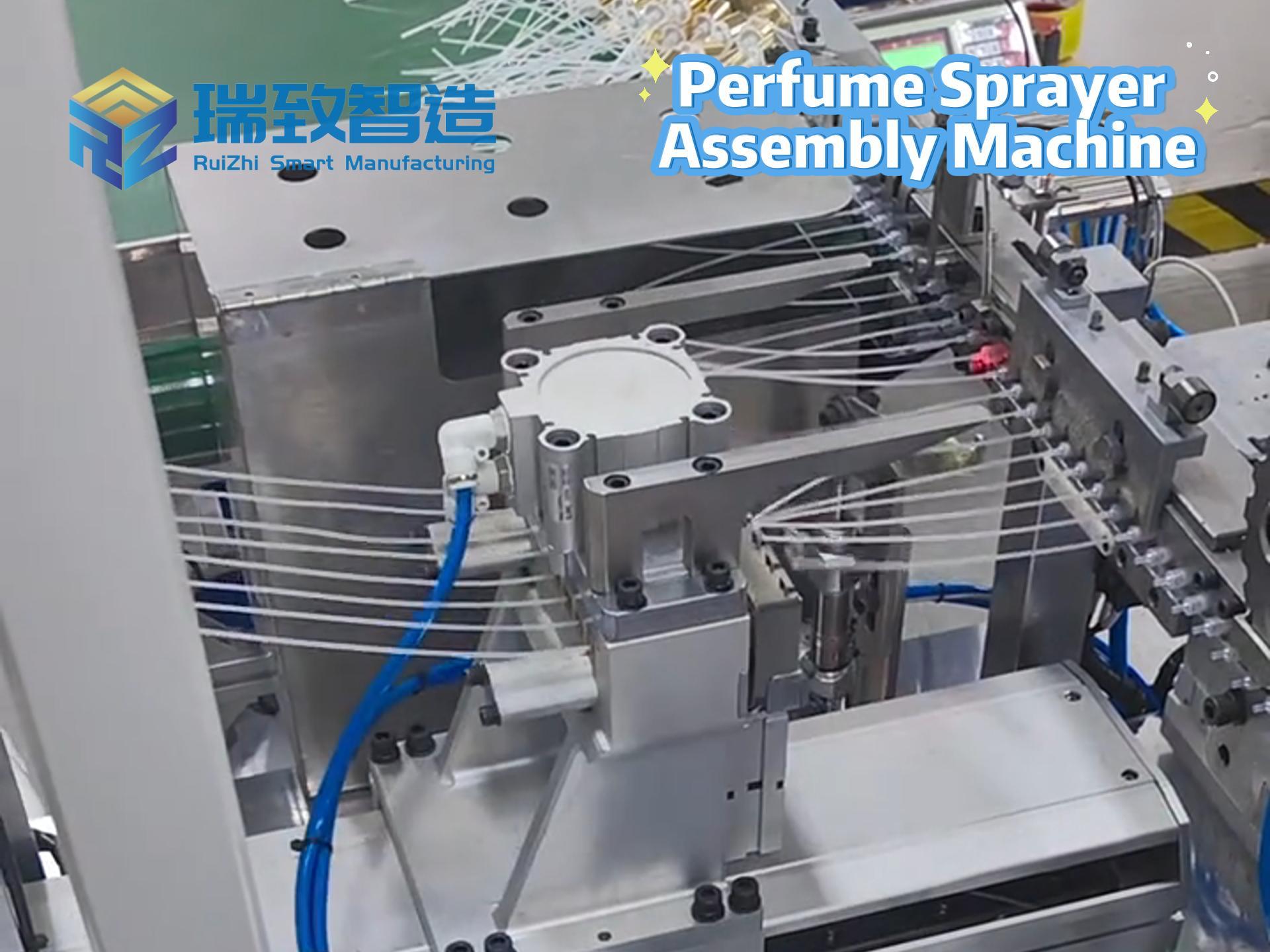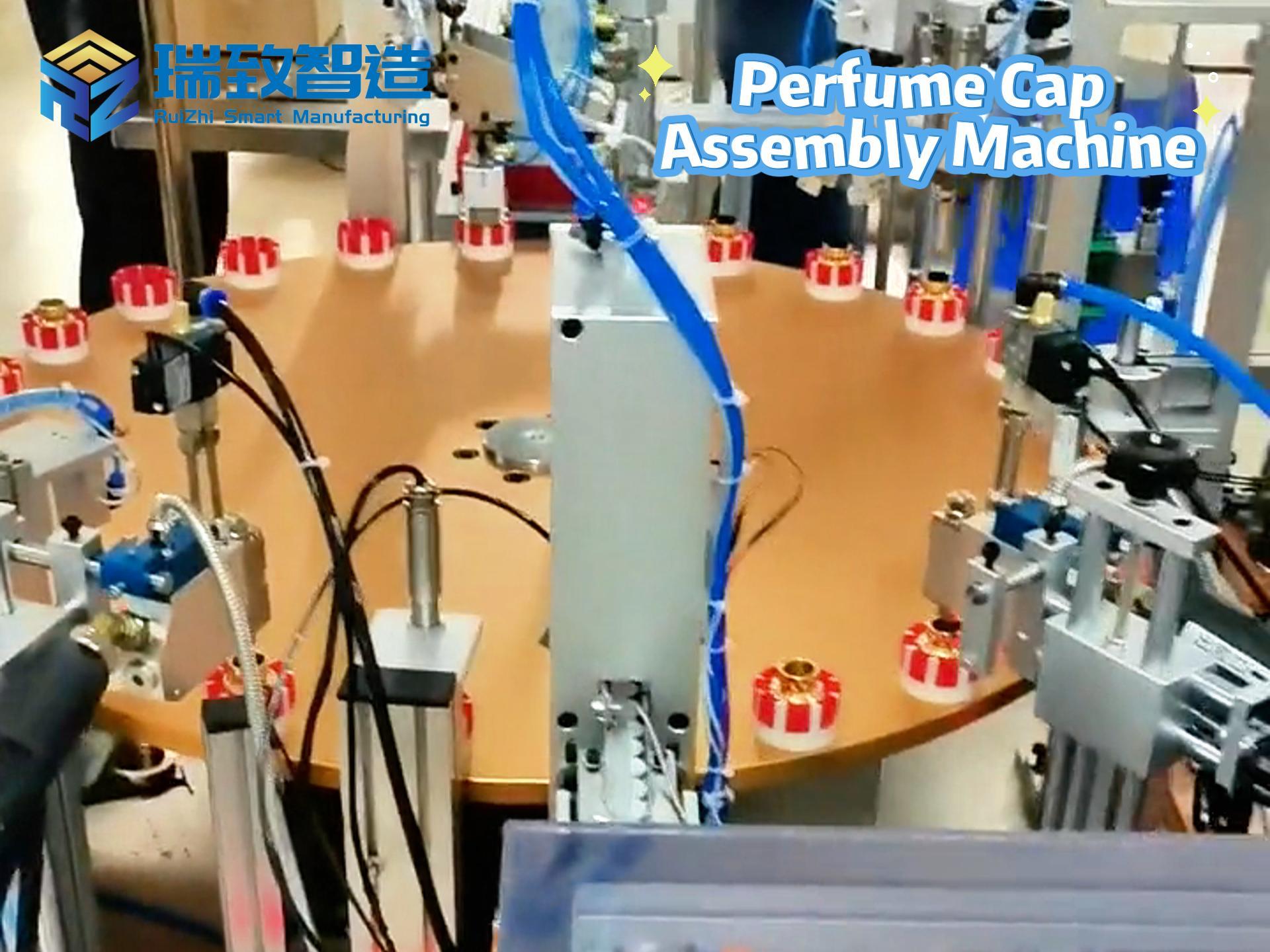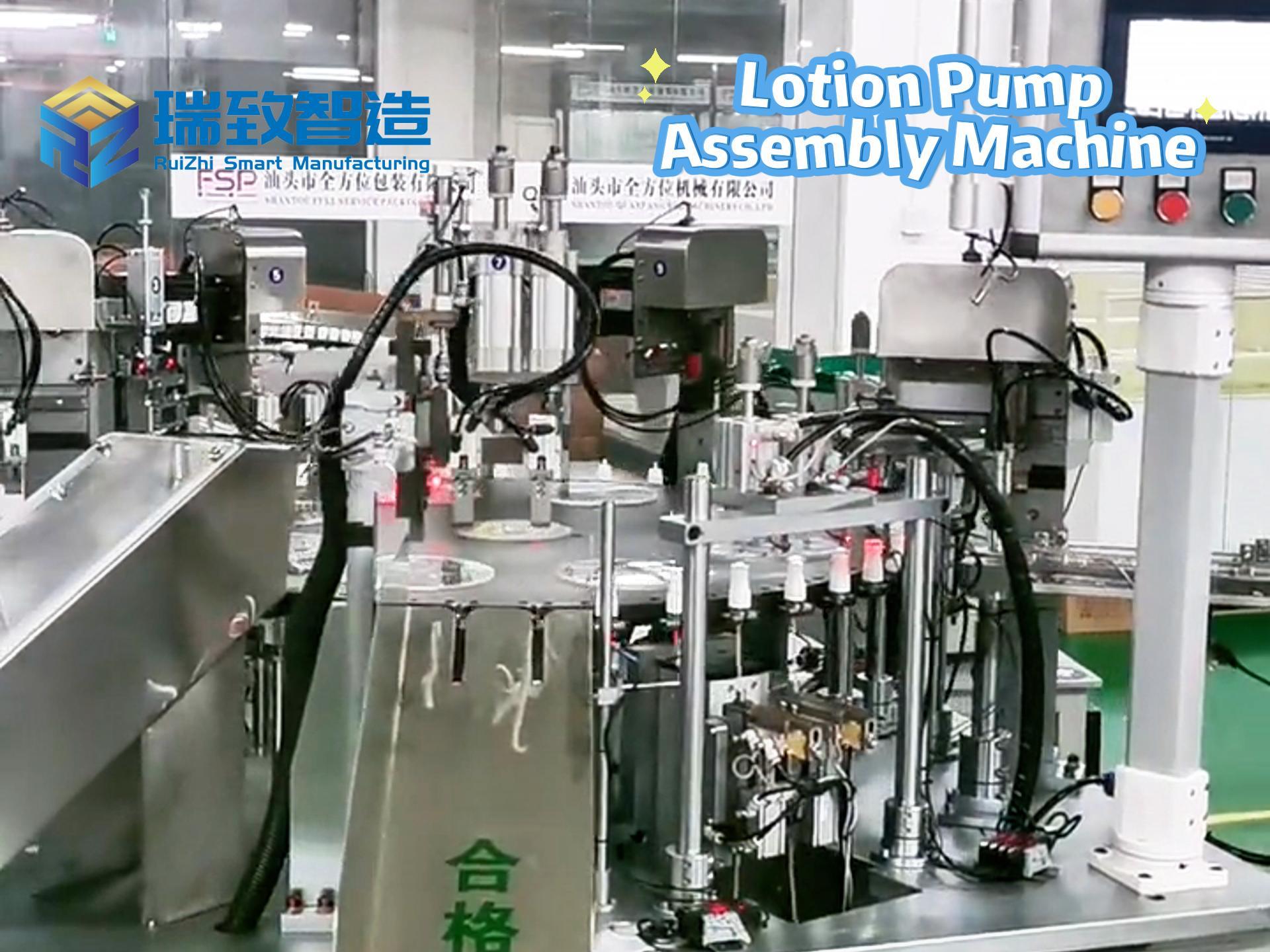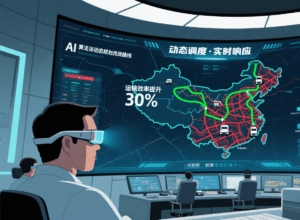
Looking ahead to 2025, artificial intelligence will play an increasingly important role in all walks of life and become the core driving force for promoting industrial transformation and upgrading. Through applications such as automation, prediction, recommendation, and scheduling, AI can not only improve production efficiency and optimize resource allocation but also enhance customer experience and strengthen corporate competitiveness.
Entering 2025, artificial intelligence (AI) will have a profound impact on industry. With the continuous advancement of technology and the continuous expansion of application scenarios, the potential of AI in various industries is increasingly evident, especially in key areas such as automation, prediction, recommendation, and scheduling. Whether in manufacturing, retail, logistics, finance, medical care, or other industries, the innovative applications of artificial intelligence are redefining the working methods and operating models of traditional industries. Therefore, understanding how artificial intelligence will change the industrial landscape in the future has become an urgent issue for industry practitioners and enterprise decision-makers.
1. Automation: Liberating productivity and improving operational efficiency
As one of the most direct applications of artificial intelligence, automation has achieved remarkable results in many fields, especially in manufacturing, retail, and service industries. The automation potential of AI is reshaping the competitive landscape of these industries. With the introduction of AI, heavy and repetitive work can be completed automatically, thus greatly releasing the productivity of manual labor.
Manufacturing: Intelligent manufacturing and production process optimization
In the manufacturing industry, artificial intelligence has been widely used in the automated management of production lines. Traditional production processes often rely on manual operations and experience, resulting in low efficiency and high error rates. By introducing AI and robot technology, manufacturers can achieve more efficient and accurate production processes. AI can monitor the status of equipment on the production line in real-time, predict potential failures, and avoid unexpected equipment shutdowns, thereby improving equipment utilization and production efficiency.
For example, AI can analyze machine sensor data to predict equipment maintenance cycles, enabling preventive maintenance before equipment problems occur. This intelligent maintenance greatly reduces downtime, lowers maintenance costs, and improves production continuity.
Retail: Process automation and personalized services
In the retail industry, artificial intelligence not only helps merchants improve operational efficiency but also provides customers with more personalized shopping experiences. AI can automatically process orders, manage inventory, optimize supply chains, and predict customer needs through data analysis to help merchants formulate more reasonable pricing and promotion strategies. For instance, Amazon’s smart warehouse is a typical case of AI automation application, where robots and artificial intelligence work together to complete a series of tasks such as goods storage, packaging, and transportation.
In addition, AI can recommend personalized products by analyzing customers’ purchase history and browsing records, improving customer satisfaction and purchase conversion rates. Through these automated applications, retailers can save a lot of labor costs and improve overall operational efficiency.
2. Prediction: Using data to predict the future and enhance decision-making capabilities
The predictive function of artificial intelligence mainly realizes the prediction of future trends through modeling and analysis of a large amount of historical data using deep learning and big data analysis technologies. This capability has been widely used in finance, manufacturing, logistics, and other industries.
Financial industry: Intelligent investment and risk prediction
In the financial field, artificial intelligence is used to predict stock market trends, evaluate the risks of financial products, and conduct intelligent investments. For example, AI helps investors predict the trend of a certain stock by analyzing a large amount of historical transaction data, macroeconomic indicators, and corporate financial conditions. AI can also monitor market changes in real-time and adjust investment portfolios promptly to help investors achieve higher returns.
In addition, AI can play an important role in credit review and risk assessment. Traditional credit evaluation usually relies on manual experience and basic financial data, while AI can more accurately assess a person’s credit risk by analyzing more comprehensive data (such as social behavior, consumption habits, etc.), improving the risk management capabilities of financial institutions.
Manufacturing: Demand forecasting and supply chain optimization
In the manufacturing industry, the predictive ability of AI can help enterprises achieve more accurate production planning and inventory management. By analyzing market demand, historical sales data, and seasonal fluctuations, AI can predict future product demand, thereby helping production lines better adjust production rhythms and avoid overstocking or shortages.
For example, automobile manufacturers can predict the demand for automobiles in the next few quarters through AI, adjust production plans, optimize parts procurement, reduce production costs, and improve the market response speed of enterprises.
3. Recommendation: Intelligent personalized services
Recommendation systems are another important application of artificial intelligence, especially in retail, e-commerce, entertainment, education, and other industries. AI recommendation systems have become key tools to improve user stickiness and conversion rates. Through machine learning algorithms, AI can analyze users’ historical behaviors and preferences to recommend the most relevant products or services to users.
E-commerce and retail: Personalized shopping experience
AI-driven recommendation systems have played an important role in e-commerce platforms. Through big data analysis, AI can provide users with personalized product recommendations based on their browsing history, search records, purchase behaviors, and other data. For example, e-commerce platforms such as Taobao and JD.com use AI algorithms to accurately recommend products that users may be interested in, greatly improving the user’s purchase conversion rate.
Moreover, AI can analyze users’ social media behaviors, location data, etc., to further optimize the accuracy of recommendation systems. For example, if a user often buys outdoor products, AI may recommend related tourist destinations or activities to further expand the business scope.
Enterprise services: Improving customer conversion rates
AI recommendation systems are not limited to product recommendations but can also be widely used in enterprise services. For example, AI can intelligently recommend suitable service plans according to customer needs. For B2B enterprises, AI can analyze the needs of potential customers and recommend corresponding commercial software or consulting services to help enterprises improve sales conversion rates.
4. Scheduling: Intelligent scheduling helps optimize operations
Scheduling is a crucial task in many industries, especially in logistics, transportation, manufacturing, etc. Optimized scheduling can significantly improve efficiency. Traditional scheduling systems are often arranged based on human experience and basic rules, with low efficiency and flexibility. However, AI scheduling systems optimize resource allocation through real-time data analysis to improve operational efficiency.
Logistics industry: Intelligent route planning and resource scheduling
In the logistics industry, AI can optimize transportation routes and scheduling arrangements through real-time traffic data, weather information, cargo information, etc. For example, AI can calculate the optimal delivery route according to different transportation methods and conditions, thereby improving transportation efficiency and reducing delivery time and costs.
In addition, AI can monitor the usage of transport vehicles, analyze the empty load rate and load status of vehicles, and schedule vehicles reasonably to reduce resource waste and improve the efficiency of the overall logistics system.
Manufacturing: Production scheduling and capacity planning
In the manufacturing industry, AI scheduling systems can dynamically adjust production plans according to information such as order volume, production equipment status, and worker arrangements to achieve optimal scheduling. This can not only avoid equipment idle time, improve the utilization rate of production lines but also help enterprises better respond to order fluctuations and enhance delivery capabilities.
For example, an automobile manufacturer can predict changes in orders through AI and intelligently schedule production lines and personnel to ensure that the production progress of each vehicle matches market demand.
Summary
Looking forward to 2025, artificial intelligence will play an increasingly important role in all walks of life and become the core driving force for promoting industrial transformation and upgrading. Through applications such as automation, prediction, recommendation, and scheduling, AI can not only improve production efficiency and optimize resource allocation but also enhance customer experience and strengthen corporate competitiveness. However, with the continuous development of technology, the application scenarios of artificial intelligence will continue to expand, bringing more industry innovations and changes. Therefore, enterprises must actively embrace artificial intelligence, take technological innovation as the driving force, enhance their competitive advantages, and meet future challenges and opportunities.
Automatic lid assembly robot
Advantages of artificial intelligence automatic lid assembly machine

